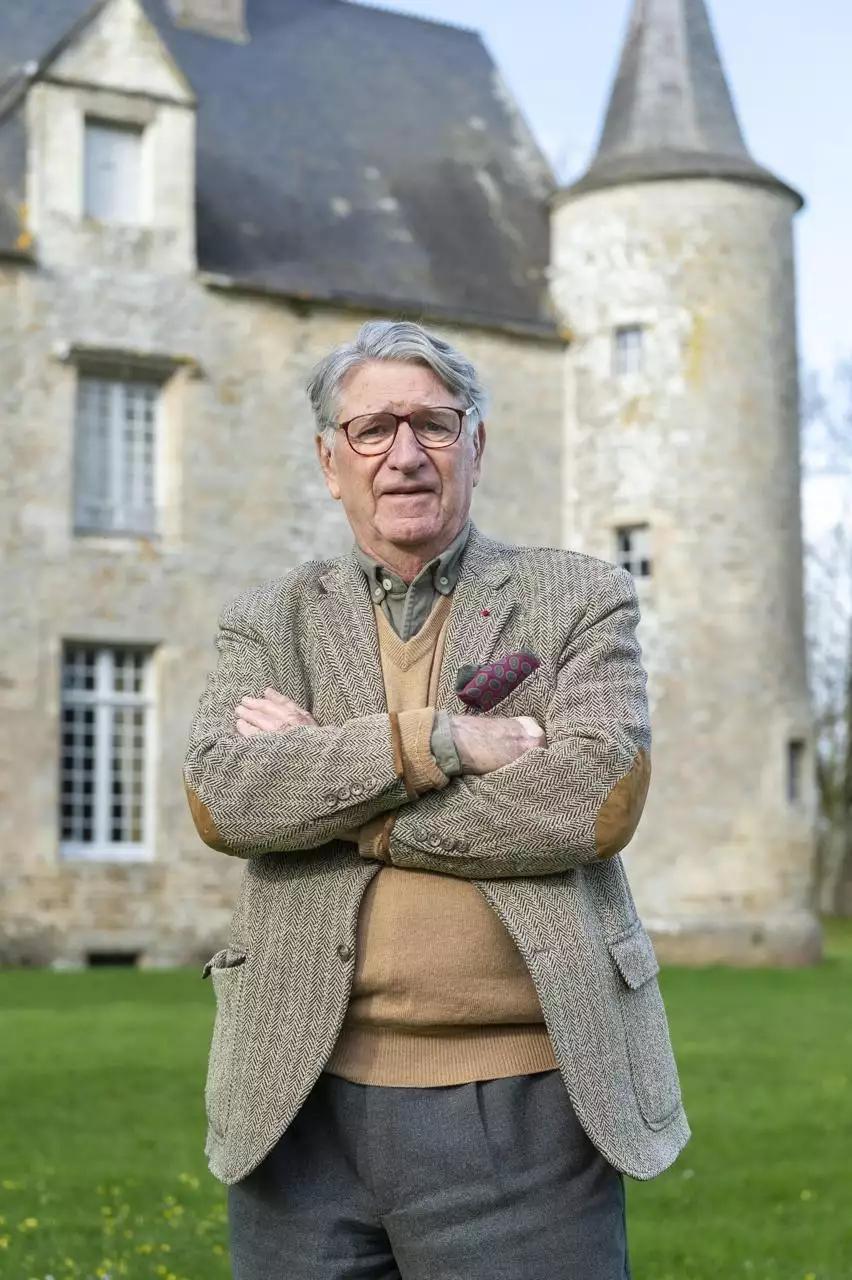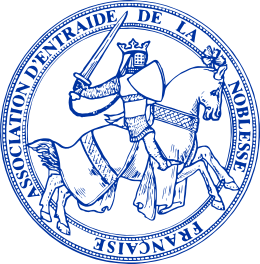News

Ouest France: "His heroine lived in his manor. Maurice de Kervénoaël in the footsteps of Louise du Bot du Grégo".
Maurice de Kervénoaël had a good reason for recounting the hectic life of Louise du Bot du Grégo. He lives in the manor house that the heroine of his latest book occupied two centuries ago.

Maurice de Kervénoaël in front of the Vau de Quip manor house in Allaire (Morbihan), which was once home to the heroine of his last book, Louise du Bot du Grégo, who lived there during the French Revolution.
Photo: Mathieu Pattier, Ouest France.
" This is the chapel where Louise got married. The window in the middle was her bedroom. And General Hoche used to come in through that door. " Close your eyes and you're back more than two centuries. When Maurice de Kervénoaël takes a tour of his lovely manor house at Vau de Quip in Allaire (Morbihan), he can't fail to mention Louise du Bot du Grégo, who owned the property long before him, at the height of the French Revolution. And if the imposing building looks as if it hasn't changed since then, it's because it has been finely restored to respect its distant history, at the cost of Herculean efforts.
When he bought the manor, this former corporate executive had never heard of Louise, of whom, it's true, there's not much left, not even a painting. But the local memory hasn't really forgotten her. One day, an old local farmer spoke to him in scathing terms about the young aristocrat's relationship with General Hoche, a powerful soldier in the Republican camp - the enemy, in principle.
Later, a teacher with a passion for local history confirmed that Louise's memory had not faded. There's plenty to pique the curiosity of the author of some fifteen historical novels, who, after a life in the business world, has taken up a second life writing books.
A whirlwind of adventure during the French Revolution
The more he looks, the more he finds that Louise deserves this novel, La maîtresse du Général (l'Archipel). After all, he had his heroine under the same roof, albeit a long time ago. She left a trace. "There's a presence," smiles Maurice de Kervénoaël. Above all, there's the hectic life of a young noblewoman, heiress to one of Brittany's most powerful families, who lived through the Revolution in a whirlwind of adventures. She was first married to a viscount, without being asked for his opinion, as was customary. He chose to lead the Chouannerie against the young Republic. But Louise already stood out. She was not hostile to the new ideas of the time, and clearly understood that the nobility could no longer restrict itself to privileges from another era.
Yet she was worried about the violence the Revolution might unleash. And then she begins this passionate relationship with the powerful General Hoche, spearhead of the Republican troops. One thing led to another, and he asked her for information on the Royalist camp Louise continued to frequent. Her name was a key to opening the gates of the châteaux. It's also called espionage, but the young woman is convinced that the Ancien Régime has come to an end, and hopes that a constitutional monarchy will emerge.
Louise has no scruples, since she does the same for the other side when royalists ask her to sound out her general to find out what he's up to. She played with fire, consorting with some of the great leaders of the Chouannerie. She is also adamant about preserving her properties, such as her beloved Vau de Quip.
" She's a wonderful heroine ".
However, the historians who have studied her case, and popular memory with them, have mostly remembered her betrayals, which she nevertheless practiced with restraint, so as never to be too conspicuous. Louise lived dangerously, while taking care not to overstep the boundaries of all her schemes.
" My book is a bit of a rehabilitation," admits the author, who underlines all the qualities she sees in this extraordinary woman: " She's intelligent, modern, beautiful and seductive. She's a wonderful heroine.
To follow in Louise's footsteps, he drew on a solid historical framework. With her, he tells the story of that troubled period of the Revolution when there were no good guys on one side and bad guys on the other. Everything is more nuanced when we see nobles like Louise, concerned with a more egalitarian society. Or republicans, like Hoche, who really want to put an end to the civil war and negotiate with the royalists. " In these troubled periods of history, it's never black and white," continues the writer. Louise wouldn't have denied it.
Read the article on www.ouest-france.fr
By Didier Gourin
Published March 10, 2024









